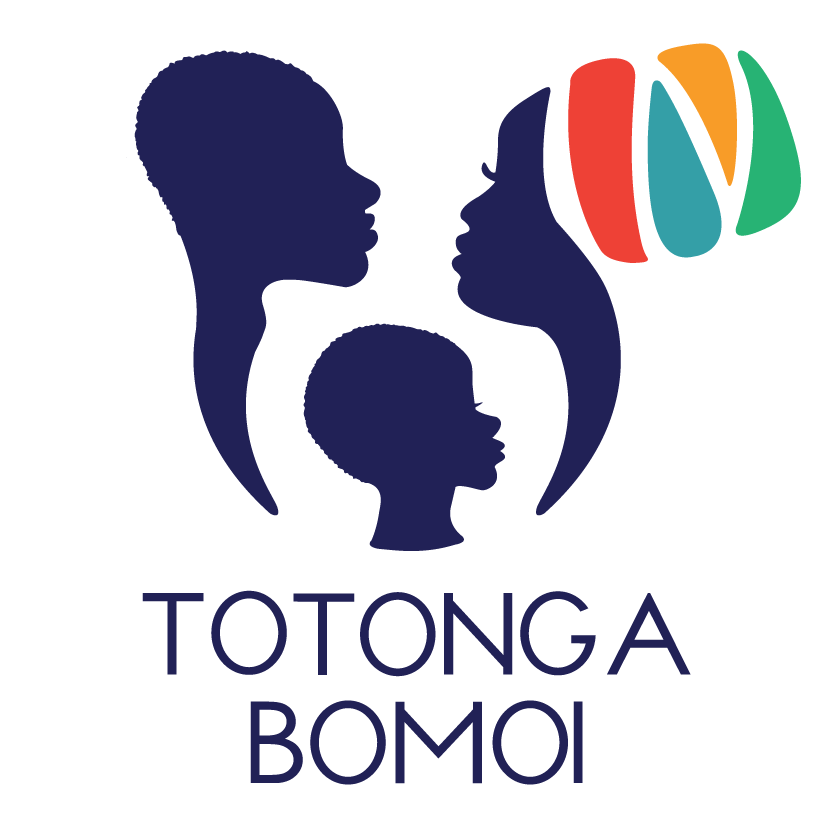“When the bullets pass by your head, this is the moment you leave everything and just take what you can grab. Even children are left behind.” After being forced from his home and village, Hakiza has run from six war outbreaks with nothing to his name—except his sewing machine. As a tailor now living at a displacement camp with more than 60,000 other Congolese adults and children, Hakiza has figured out how to use his precious machine to make salt, cooking oil, soap, and other necessities for basic survival.
With multiple regime changes, widespread civilian impoverishment, a dismantled economy, and nearly six million casualties, the Congo’s ongoing conflict over the last two decades is the world’s bloodiest since WWII. Daniel McCabe’s harrowing documentary, This is Congo, follows a handful of individuals like Hakiza who are doing what they can each day to survive while living among the unending violence of a war-torn state.
Mama Romance, an artisanal mineral dealer, risks her life to sell gemstones like tourmaline, amethyst, topaz, and blue sapphire. She began her business ten years ago, when her children were malnourished and had been out of school for two years. “I said to myself, ‘I’m already dead. I don’t want to bury my children because of malnutrition.’” Despite the serious risks of her business, Mama Romance had to try. Now, smuggling minerals across the border to Rwanda and Kenya has enabled her to feed and educate her children. In fact, her first born recently completed university. “God has helped me with this job,” she says. Yet, each day, Mama Romance lives in fear that she may be caught.
Like Hakiza and Mama Romance, the people of Congo possess a unique resilience as a result of having lived through decades of conflict-related brutality. In addition to mass displacement and the constant loss of family members, friends, and neighbors, about 40% of the population lives below the poverty line—which equates to $1.25 USD per day. Under this broken economic infrastructure, Totonga Bomoi offers legal opportunities for Congolese artisans to make ends meet, while also providing invaluable skill-building, entrepreneurial training, and professional development opportunities to ensure long-term prosperity.
The principles of fair trade promote equity in trade relations between developing and underdeveloped economies like that of the Congo. Buying fair trade products not only supports communities affected by perpetual war and violence—it also assists them in emerging from poverty and developing sustainable practices to build a healthier, more equitable socioeconomic foundation.
